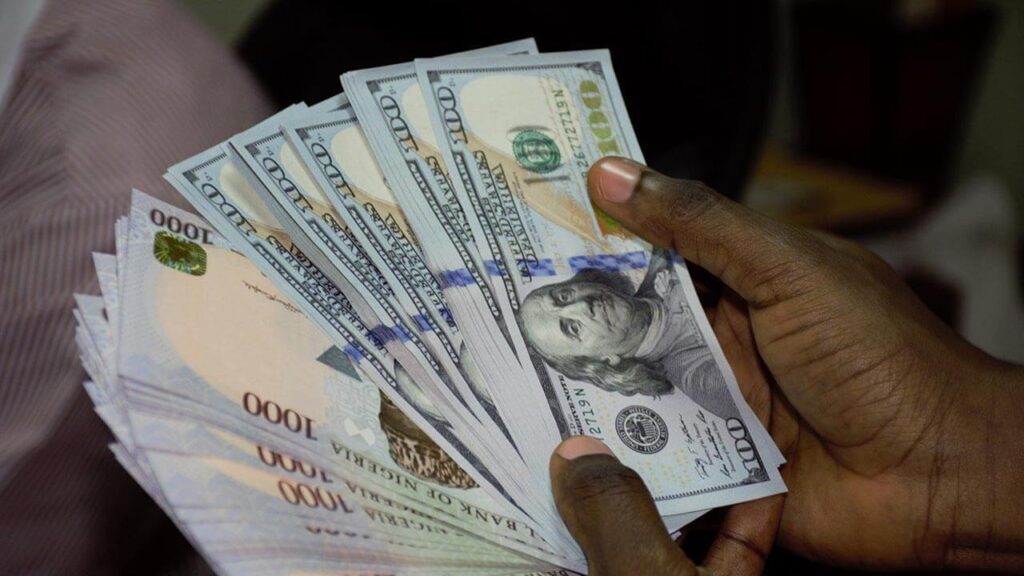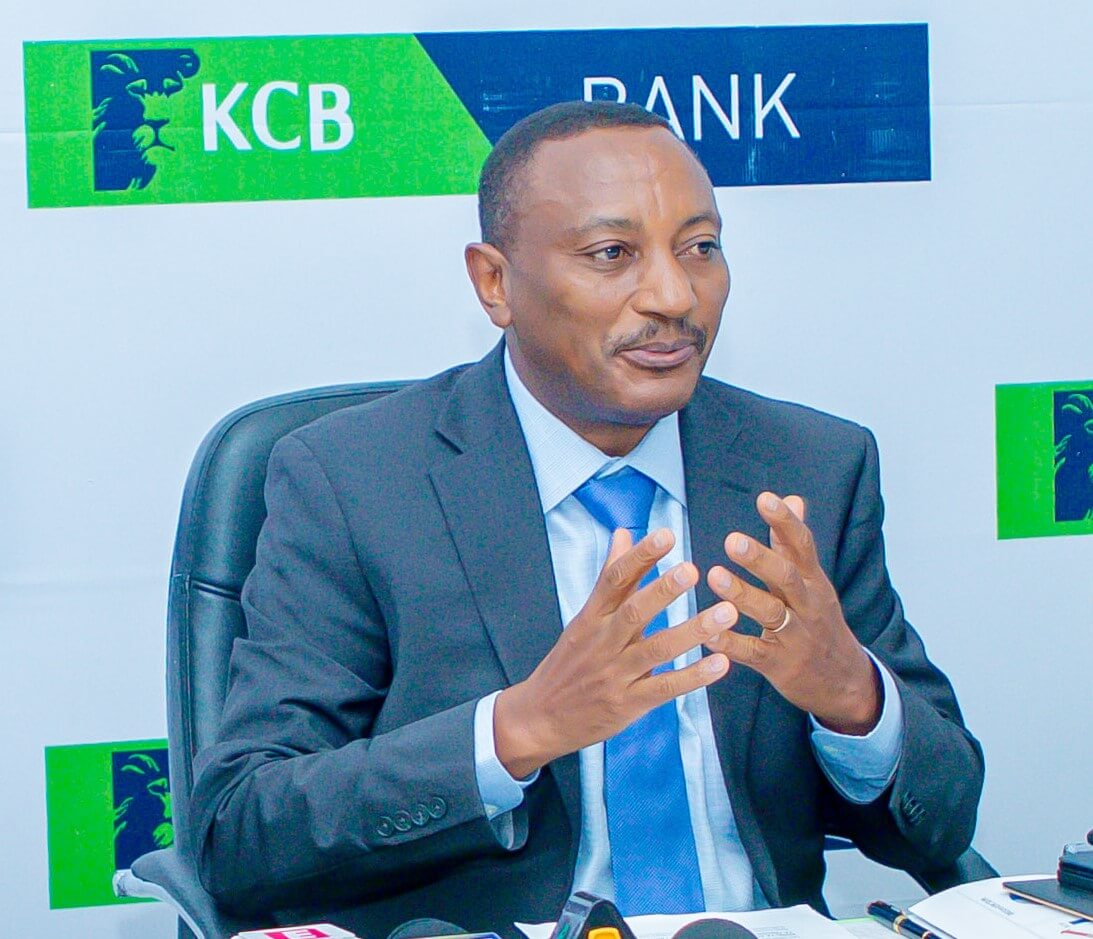Last year, remittance inflows to Sub-Saharan African countries rose by 14.1 percent to $49 billion, according to The World Bank.

In 2022, remittance outlook is looking moderately positive, according to The World Bank’s recently released Migration and Development Brief. A copy of the brief, which was obtained by Business Insider Africa, said growth is expected to accelerate further by 7.0% to $55 billion. The expected growth is despite the prevailing adverse economic environment across the world.
Global remittances have always been much needed financial lifelines to low-income countries, many of which are in Africa. In view of the uncertainty that often characterise foreign direct investments (FDIs), remittances by Africans in diaspora are a “paramount source of international financing for developing countries,” said The World Bank.
In 2022, one of the major factors that are expected to help maintain the momentum with regards to remittance to Africa is the increased use of official remittance channels. The Migration and Development Brief further noted that “fundamentals remain positive for continued gains in remittance flows to the remainder of Africa, as the influence of ‘altruistic’ motivations that were demonstrated in Africa and South Asia during the peak pandemic years will likely carry over to the period of sharp increases in staple food prices.”
It should be noted that Nigeria has, over the years, continued to receive the largest portions of total remittance inflows into Sub-Saharan Africa. This is due to the fact that Nigeria, which is the most populous in Africa, also has a significantly sizable diaspora base.
Below are the 10 highest recipients of remittance inflows in Africa, according to available figures for 2021.
- Nigeria: $19.2 billion
- Ghana: $4.5 billion
- Kenya: $3.7 billion
- Senegal: $2.7 billion
- Zimbabwe: $2.0 billion
- Democratic Republic of Congo: $1.3 billion
- Uganda: $1.1 billion
- Mali: $1.1 billion
- South Africa: $900 million
- Togo: $700 million
Source: Business Insider Africa







